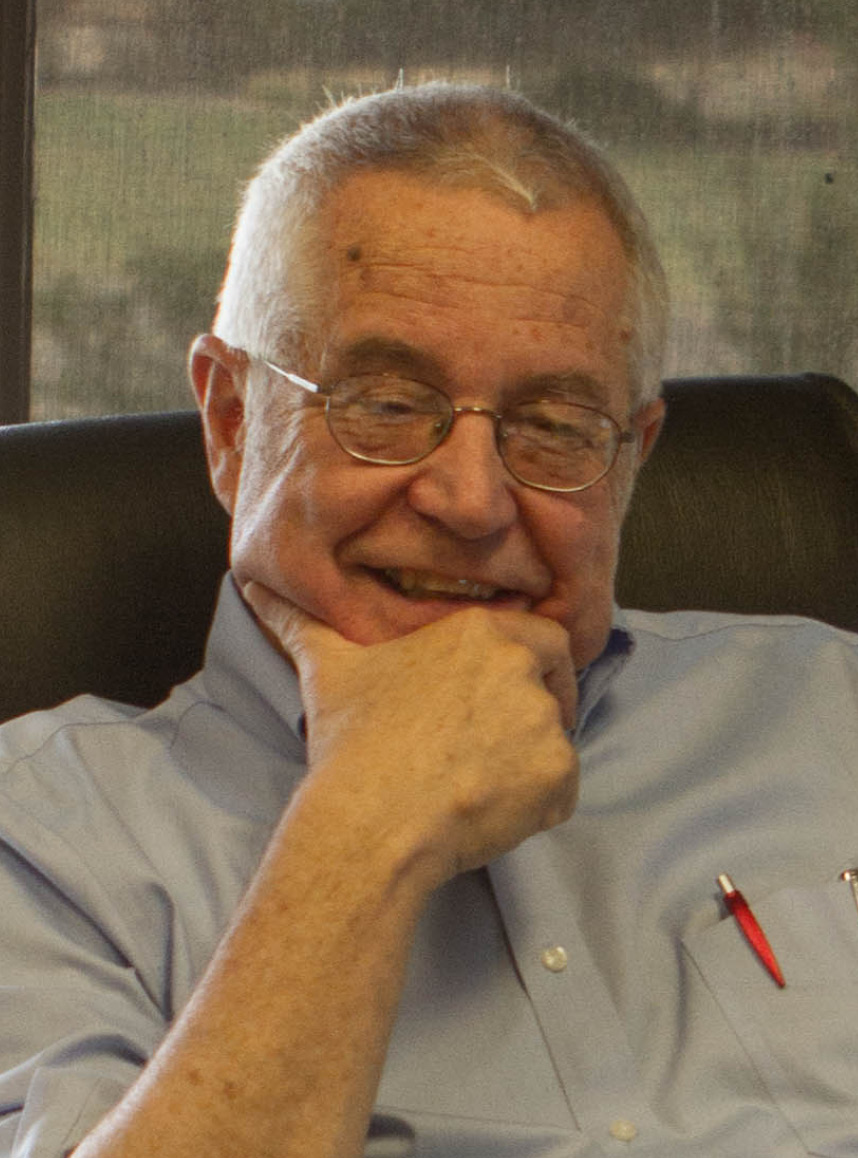
Assistant Dean for Technology Services
Randy Reddick, Ph.D.
"There’s an app for that.”
Had you uttered those words in the workplace or on campus just a decade ago, your colleagues and classmates might have thought you a little off center. Then along came the Apple 3G and a clever 2009 advertising campaign that moved the idea and the phrase itself so thoroughly into our collective consciousness that less than two years later popular culture was saturated with “there’s an app for that” jokes, other advertisers such as Verizon launched derivative campaigns (“there’s a map for that”), Apple had trademarked the phrase, and media critics panned “app for that” jokes as “cheesy.”
So rapidly and so profoundly have new communications technologies (and underpinning technologies that support them) transformed even routine communications in our society that there’s little wonder we should feel compelled to re-think the relationship between all that we do – teaching, research, advising, pedagogy, our mission itself – and technology. Inspired in part by changes in personnel in the college about a year ago, we began re-imagining relationships among all the various activities conducted throughout the college in furtherance of our mission and the technologies that support that mission. What grew out of those imaginings were two parallel initiatives: 1) A service-oriented culture and mindset, and 2) Integration of several different previously isolated-by-skill-sets groups in the college into a unified team wherein persons with overlapping skill sets work shoulder-to-shoulder with others who previously might not have been seen as part of the same camp.
Service mindset: This ongoing process begins with availability and communication and concludes with follow-through. In those interests we implemented a one-stop ticketing system that starts with an e-mail. A member of the CoMC faculty or staff has only to send an e-mail to a specific Tech Support address, and that creates a ticket in an online system. That system sends an email to the originator with a link so that s/he can track the progress of the support request. The ticket is logged into a database, assigned to a technician, and tracked until it is resolved.
Integrated team: Although it is clearly a work in progress, CoMC Technology Support Services proved the concept more than once this academic year. A unique lab episode presented itself in the spring semester when a software add-on requested by one of our professors did not play nicely with the university’s site licensing arrangement for the parent software. Several members of the TSS team got together late one afternoon (when one lab was unoccupied), shared expertise, and worked out a solution. Then the lab support crew, assisted by other members of the team, managed to make the installs happen within two days. Another episode of the team spirit came over the summer during remodeling of Lab 365. Work orders had been placed months earlier, and care was taken to schedule no classes in 365 during the summer. TTU Facilities people came in during the intersession and Summer I and did the remodel, which called for dividing the one lab into two separate facilities. They finished their work right at the end of Summer I, leaving only a matter of two to three days to rearrange furniture – including rerouting electrical power and network cabling – and then set up the labs so they could be ready for a MineCraft Camp that started Sunday, July 10.
TSS claxon sounded “all hands on deck,” and we had crew from what only a year earlier was four separate “silos” handling screwdrivers, moving desks, reconnecting and testing computers. The camp – an outreach to secondary school students – went off smoothly.
Our vision for true support has many projects in various planning stages, but the vision is simple enough to understand: Make available the latest technology advances that will help further the mission of the College of Media & Communication.